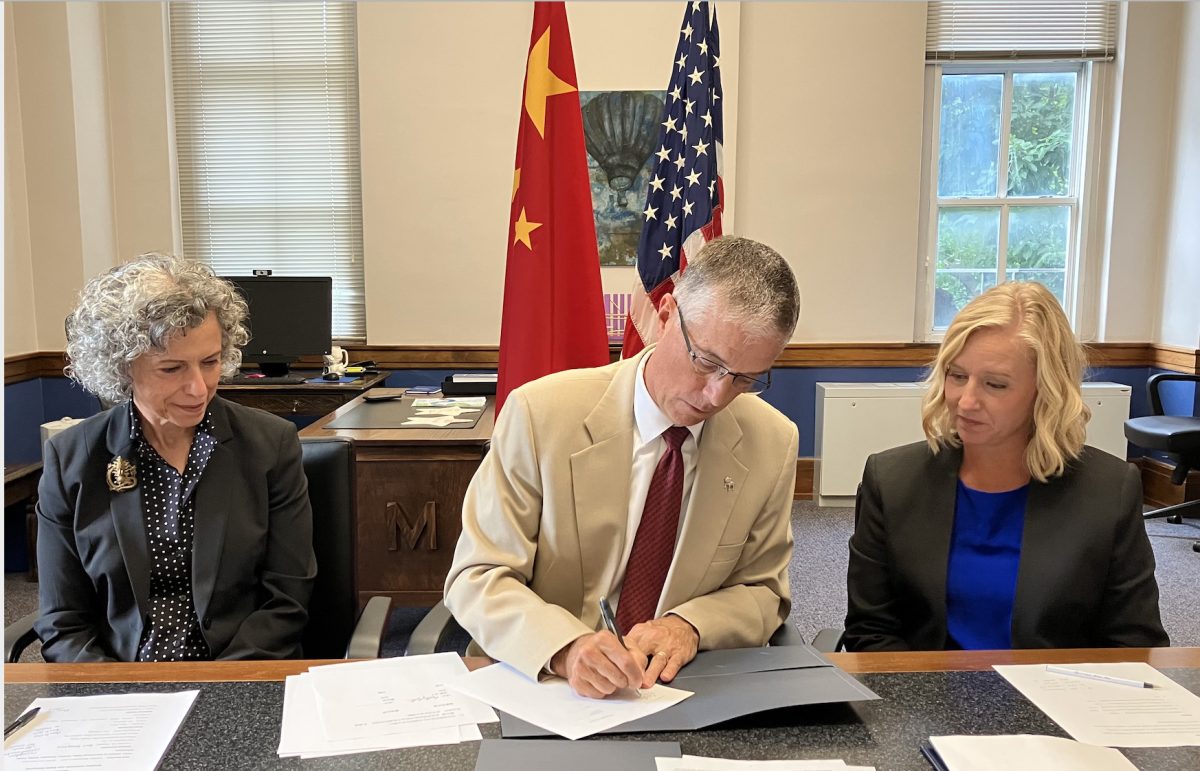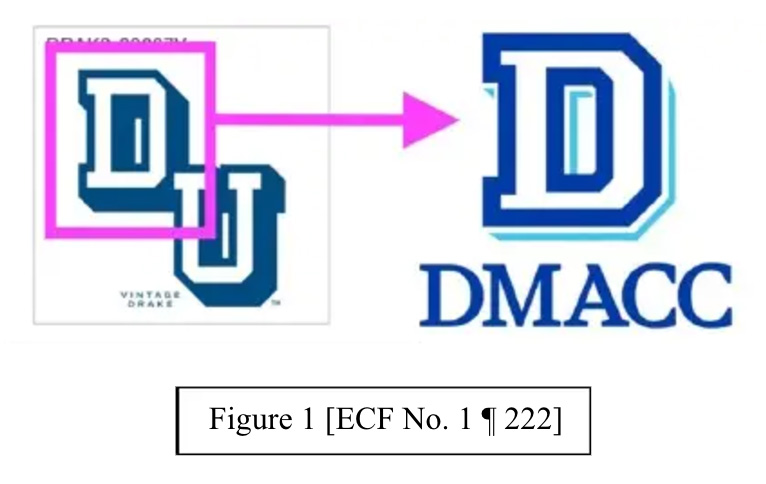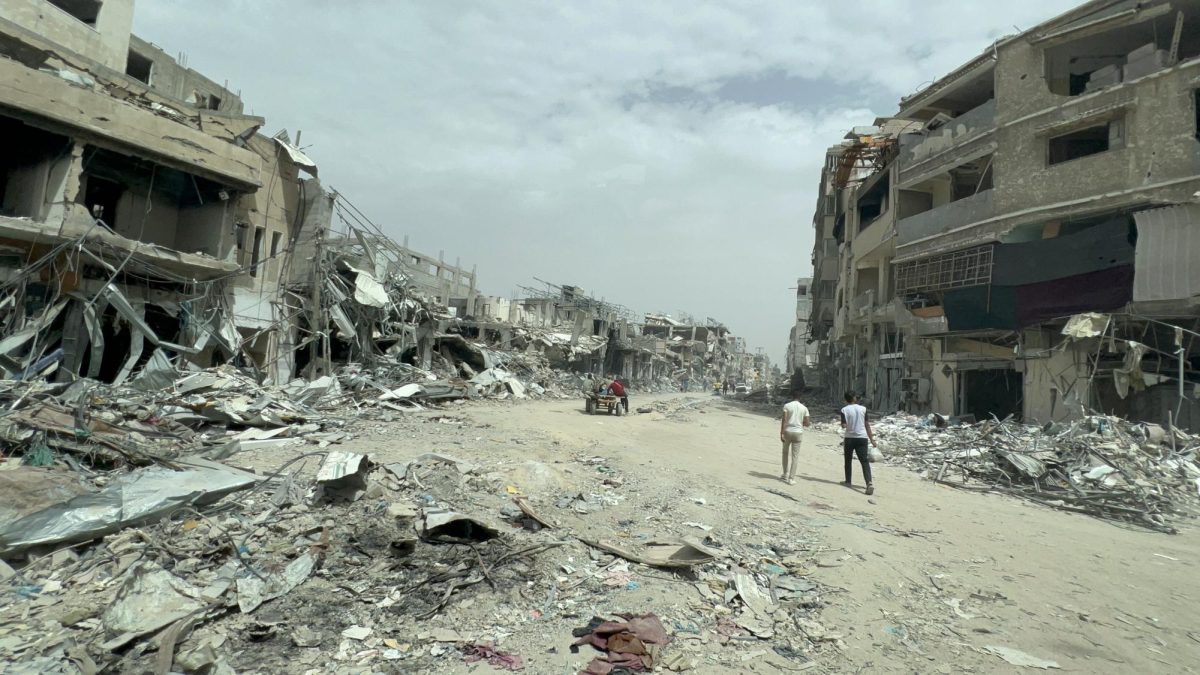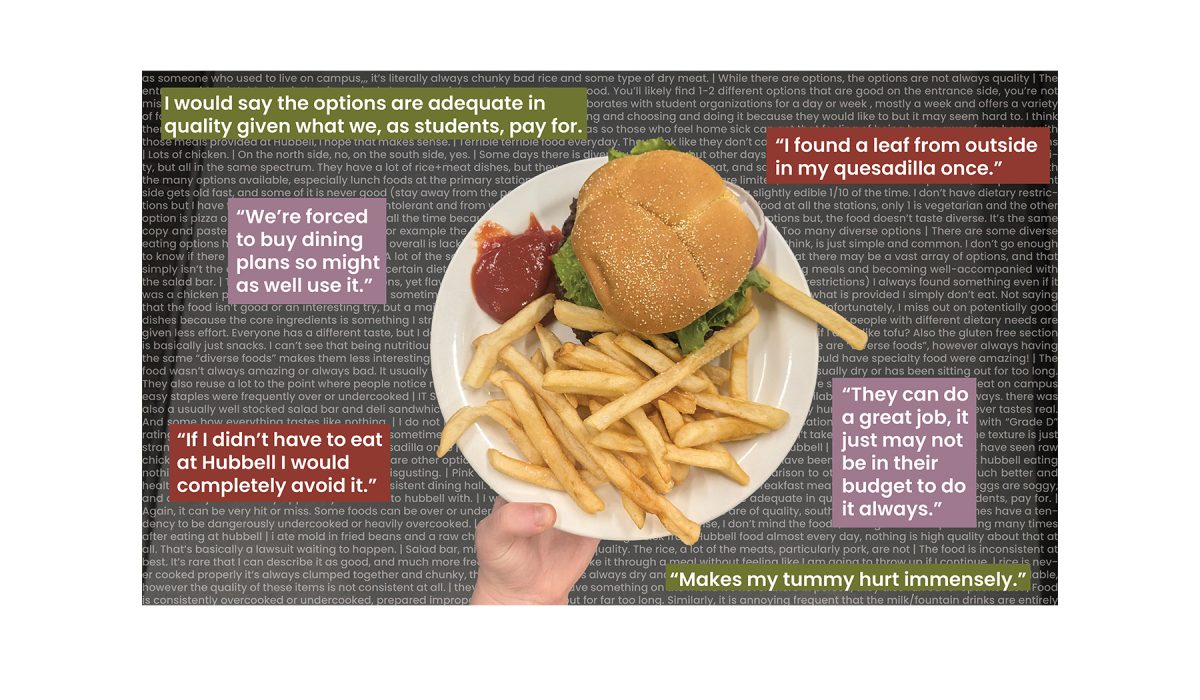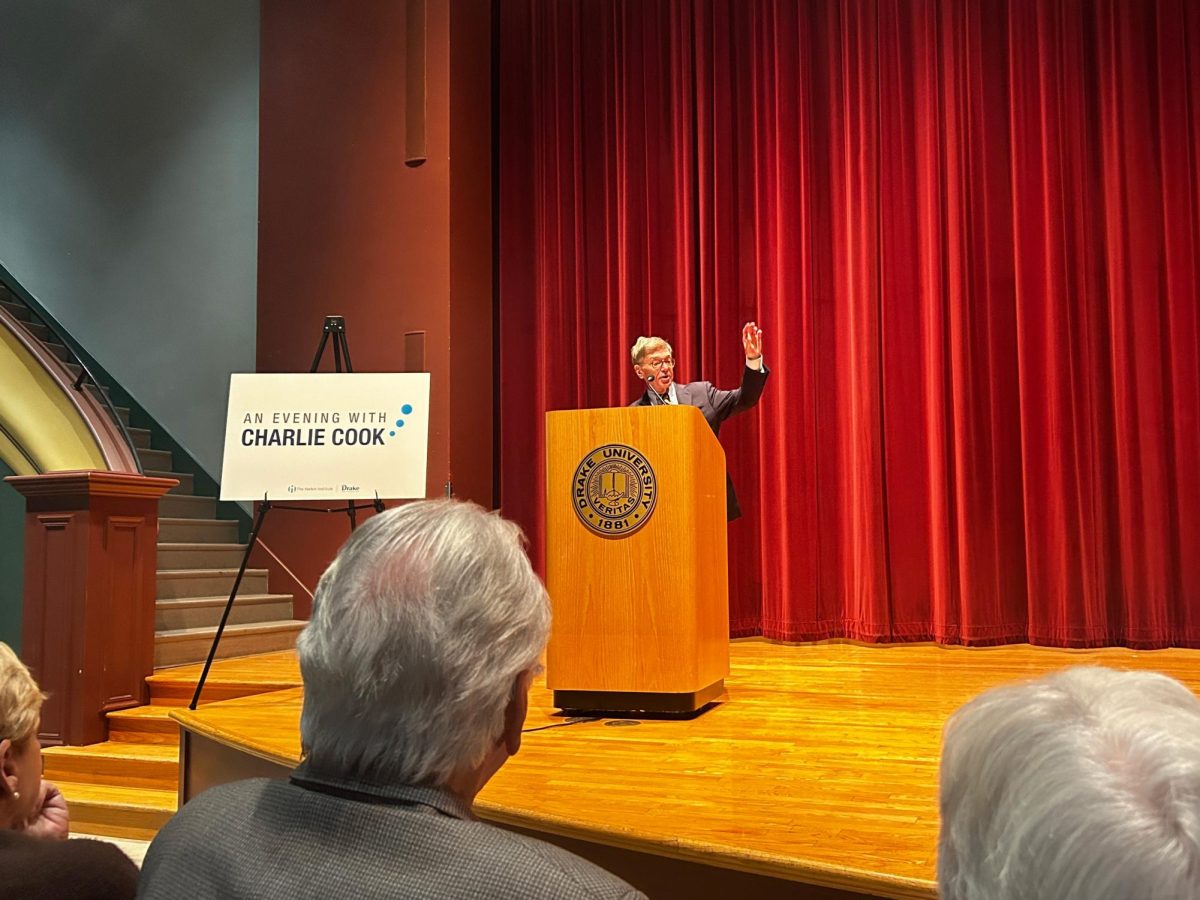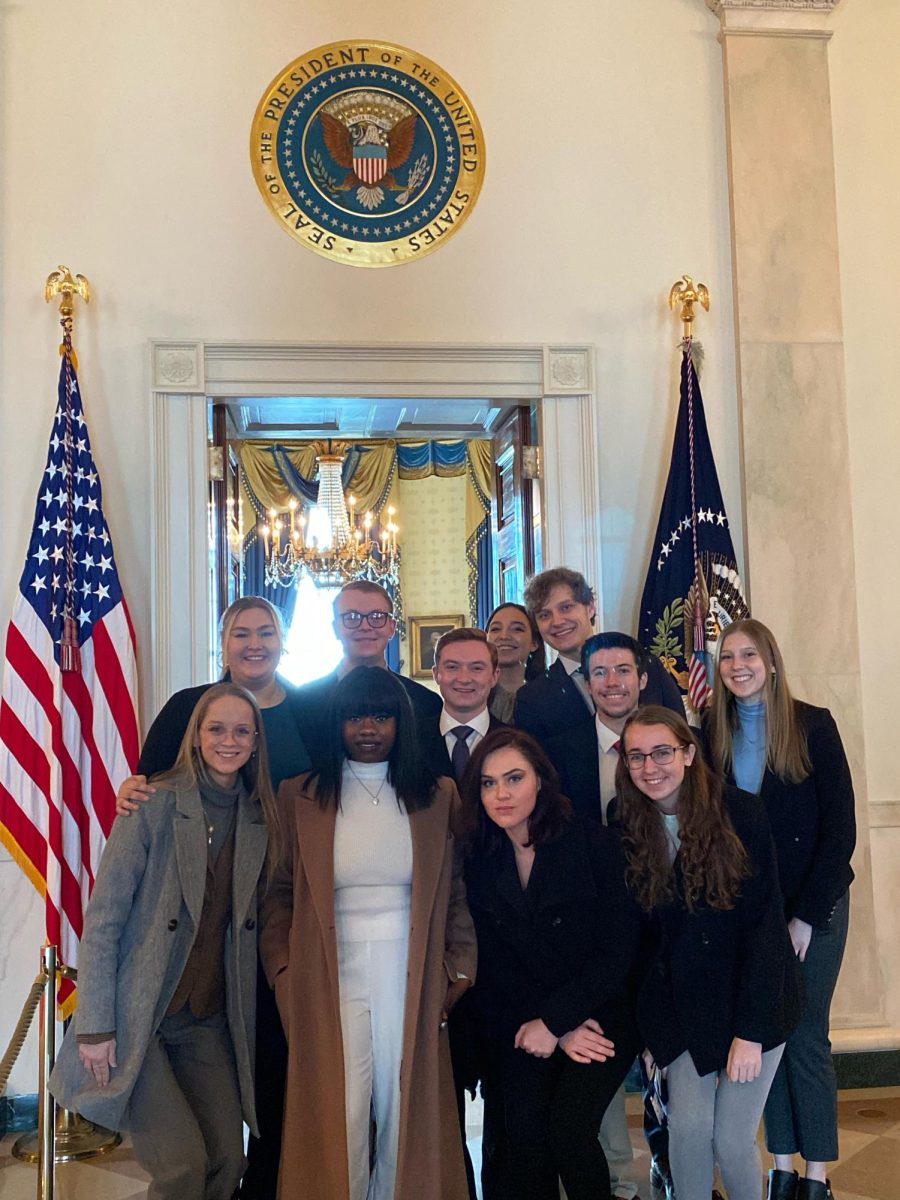OPINION BY ABI GRIMMINGER
This year, returning students discovered a new addition to the Quad Creek Café: bright orange composting bins. Drake Environmental Action League (DEAL) started this initiative in order to combat the waste generated by campus dining.
Not only does this initiative reduce the amount of napkins, paper cups and other trash in landfills, but it also concerns the issue of food waste. According to an article in the Washington Post dated September 23, 2014, American food waste has increased by nearly fifty percent since 1990, a trend that has many environmentalists concerned. Rather than allow that food to rot uselessly in a landfill, DEAL’s initiative would put food waste to good use by returning nutrients to the soil.
Unfortunately, the project has hit a few road bumps.
The primary issue of the initiative is that it’s disappointingly limited. One of the perks of Quad is that it gives students the option to eat on the go. While students occasionally sit down to eat in Quad, many take their meals back to their rooms, to the library or to class. This prevents the project from reaching its full potential.
And the waste that does make it into the composting bins doesn’t always do much good. Students have been throwing away plastic forks, spoons and knives in the composting bins. Since there is no one to sort out these materials, if non-biodegradable items are found in them, the contents in the bins are thrown away as trash, wasting the work DEAL put into the project.
But all changes take time. Not all Drake students are familiar with composting, and even those that are might be unaware of the necessity to strictly adhere to the guidelines posted above the bins. That’s why DEAL had students stand by the composting bins and let others know which items are compostable and which aren’t. And if students aren’t able to use two composting bins effectively, it makes little sense to expand the initiative to further areas of campus.
Don’t dismiss the Quad composting project just yet. Sticking with a project while it’s struggling can be difficult, but as long as DEAL is willing to keep working to make the campus a more environmentally friendly place, so should we. We should pay attention to what we throw away and spread the word about what can and cannot be composted. By doing so, we can help make DEAL’s initiative a success, possibly paving the way for future expansions, and certainly benefiting the environment with each biodegradable item put to good use.

